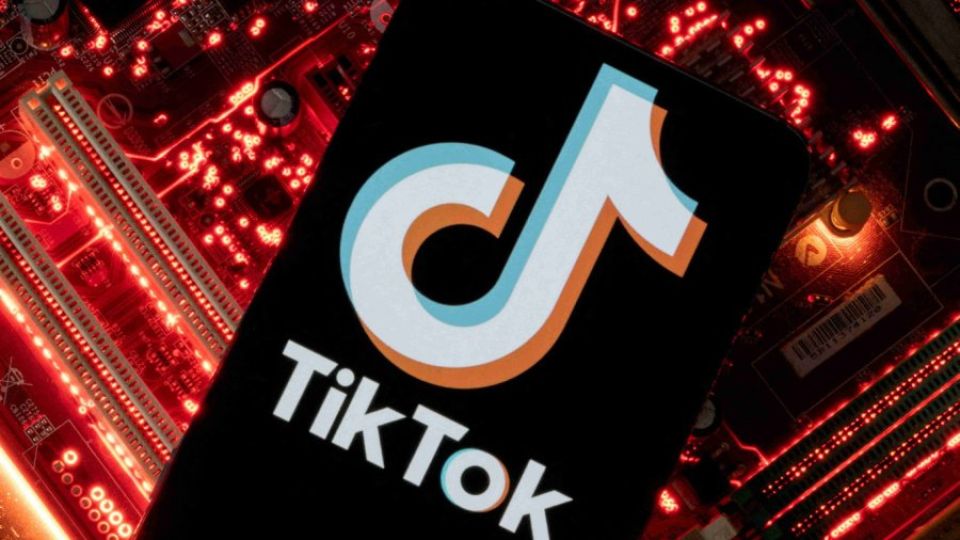July 17, 2023
JAKARTA – The popularity of TikTok Shop, which combines social media and shopping, is bugging established e-commerce players in Indonesia. Those firms have tried to respond by creating similar features, but only on a minuscule scale so far.
The government, for its part, has been triggered by the revelation of a cross-border initiative called Project S, which allows TikTok Shop to detect trending products and sell its own versions of them. While the service is only being tested in other countries, like the United Kingdom, one government minister has insisted that stricter rules for social commerce platforms are urgently needed.
TikTok Shop was launched in Indonesia just over two years ago, and by the end of last year, it had become the fifth-largest e-commerce platform in Indonesia, according to data from Singapore-based venture outfit Momentum Works.
TikTok has a 5 percent market share in the country’s e-commerce business, which is dominated by Shopee and Tokopedia, which hold 36 percent and 35 percent, respectively, while Bukalapak and Lazada have 10 percent each. Djarum Group-backed Blibli has 3 percent.
TikTok Shop’s competitors have abundant experience in the e-commerce industry, as almost all of them have existed for more than a decade. However, Center of Economic and Law Studies (CELIOS) executive director Bhima Yudhistira said those e-commerce players were rattled by the fledgling competitor.
“The players most disturbed [by TikTok Shop] are those which focus on transaction ticket sizes below Rp 1 million [US$66.82], such as fashion and accessories. TikTok Shop is targeting that market niche,” Bhima told The Jakarta Post on Friday.
Weihan Chen, insights lead at Momentum Works, stated that TikTok Shop was an opponent that other e-commerce firms could not ignore, as it had demonstrated impressive sales growth over the past two years, around half of it coming from Indonesia alone.
“Indonesia has one of the largest TikTok user bases globally, and this translates into huge amounts of traffic that TikTok Shop can capitalize on. That gives them an edge over traditional e-commerce platforms that still have to rely on discounts and incentives to acquire new users,” Chen told the Post on Wednesday.
Read also: The changing face of e-commerce
Institute for Development of Economics and Finance (Indef) economist Nailul Huda agreed that TikTok Shop posed a threat to e-commerce firms in Indonesia, but not to Shopee or Tokopedia as the market leaders.
“However, there is still a possibility for TikTok Shop to compete as one of the top-three players in the country,” Nailul told the Post on Friday.
Momentum Works’ Chen explained that Shopee and Lazada had tried to counter the rise of TikTok Shop by launching livestream features of their own. However, they were not pushing into the segment that much, not least because of the pressure they are under to reach profitability.
“The question is how much priority in terms of attention, money and talent these e-commerce platforms will allocate to building content, versus other monetization priorities like digital financial services,” Chen said.
Project S(capegoat)?
On June 21, the Financial Times reported that TikTok Shop had released a feature called Trendy Beat offering popular items such as ear wax removers or pet combs for their users in the UK.
All the items advertised were shipped from China and sold by a Singapore-based company owned by TikTok’s parent company, ByteDance.
Some sources said the effort to sell its own products was referred to internally as “Project S”.
Cooperatives and Small and Medium Enterprises (SMEs) Minister Teten Masduki responded to the news by demanding that a planned revision of Trade Ministry Regulation No. 50/2020 on e-commerce transactions be concluded.
According to him, the revision could prevent the influx of cheap products from other countries that may hamper the prospects of local SMEs.
“It is really urgent. The Trade Ministry needs to revise it soon in order to achieve fairness for local SMEs in the e-commerce market,” Teten said in a statement on July 6.
The minister added that local SMEs still needed to get various certificates and licenses to meet legal requirements. Thus, they could not compete with e-commerce players that sold imported products directly to customers and did not need to go through similar processes.
According to him, this concern was not limited to TikTok but applied to all e-commerce firms that had cross-border activities.
Lawmakers have also expressed concern about Project S and plan to summon TikTok’s management in Indonesia.
“When I look into their business, the problem is the presence of products that are imported from China, without any regulation to prevent it,” House of Representatives Commission VI member Rudi Hartono said on July 8, as quoted by Suara.
Read also: TikTok CEO vows to keep political ads off platform
Analysts like Indef’s Nailul and Celios’ Bhima agree that there is a need to push for a revision of the Trade Ministry regulation, specifically to include rules on social commerce.
According to Nailul, the revision could protect user privacy and help local SMEs. It could also create a level playing field for all e-commerce players to compete in a healthy way, he said.
Bhima said there was also a need for anti-dumping rules and tariffs to prevent an influx of cheap products to Indonesia that were deliberately sold at lower prices than in their home market.
A TikTok representative told the Post that the Project S initiative was not available in Indonesia right now, nor any cross-border business where TikTok imported products directly from other countries. The spokesperson noted that TikTok had a license to operate as an e-commerce provider in the country.
Chen from Momentum Works said that, considering the risk of government restrictions on foreign retailers to protect local sellers, TikTok was unlikely to introduce Project S in Indonesia anytime soon.


